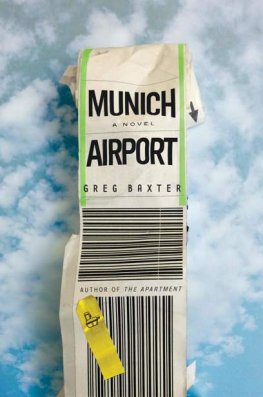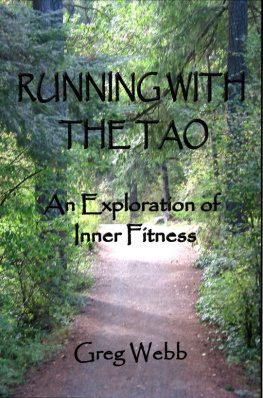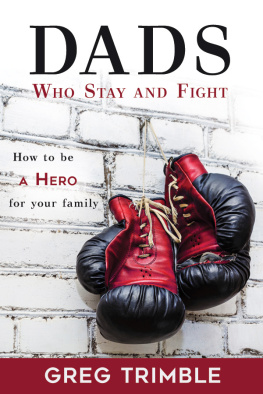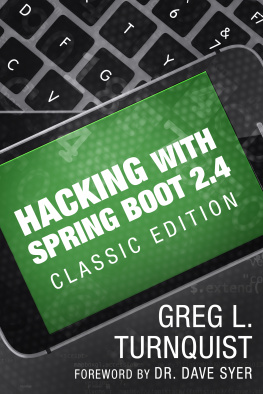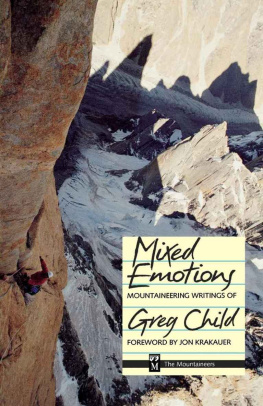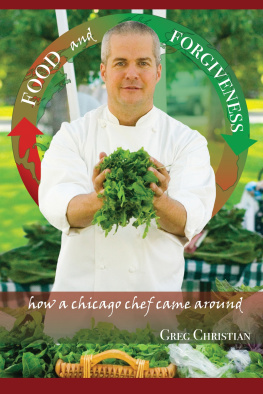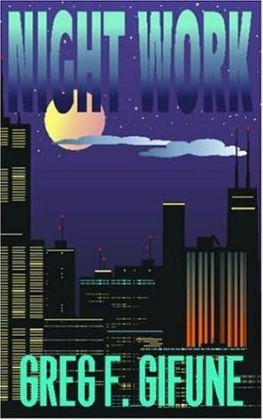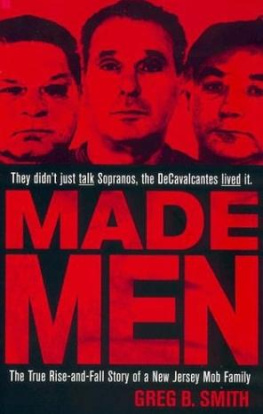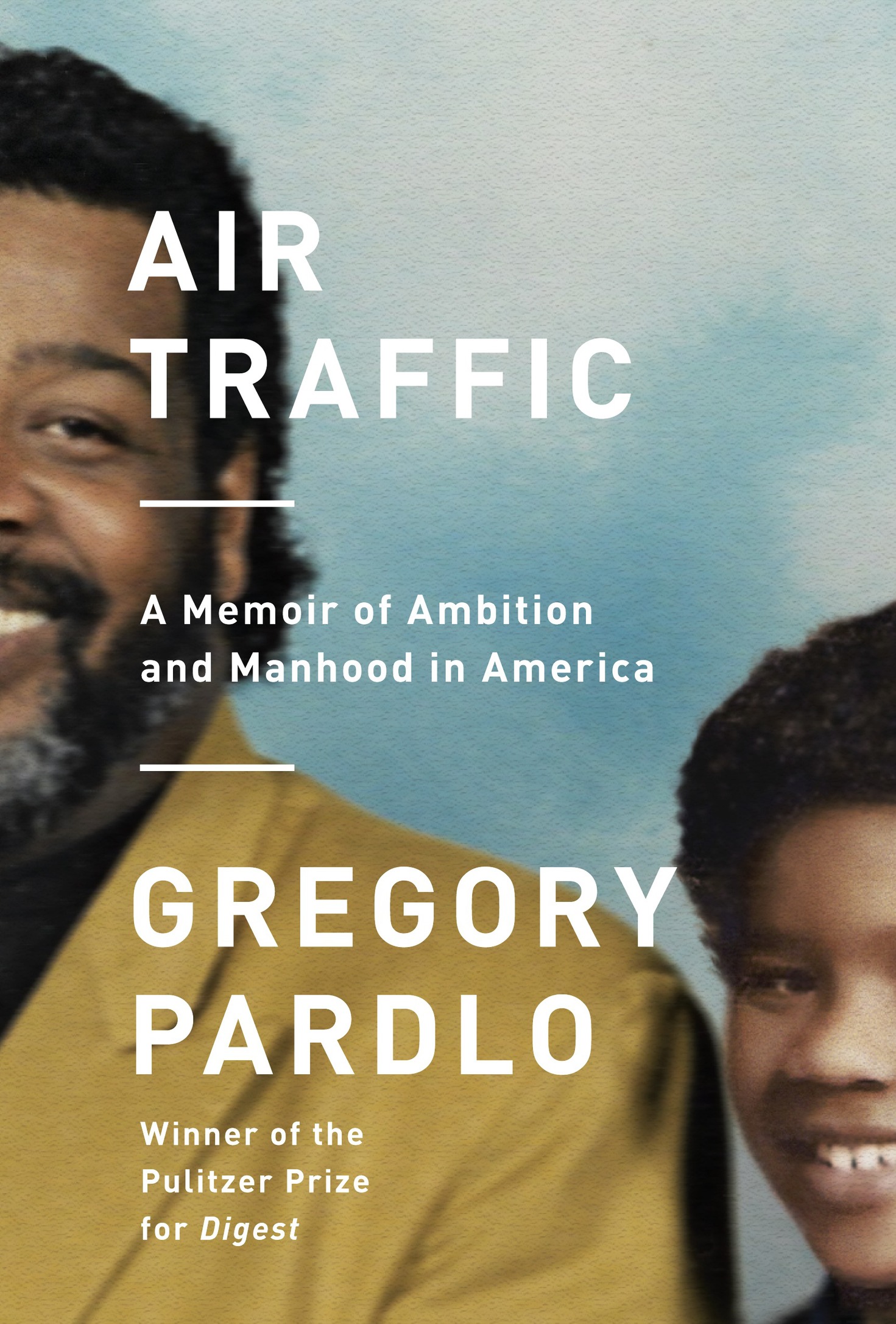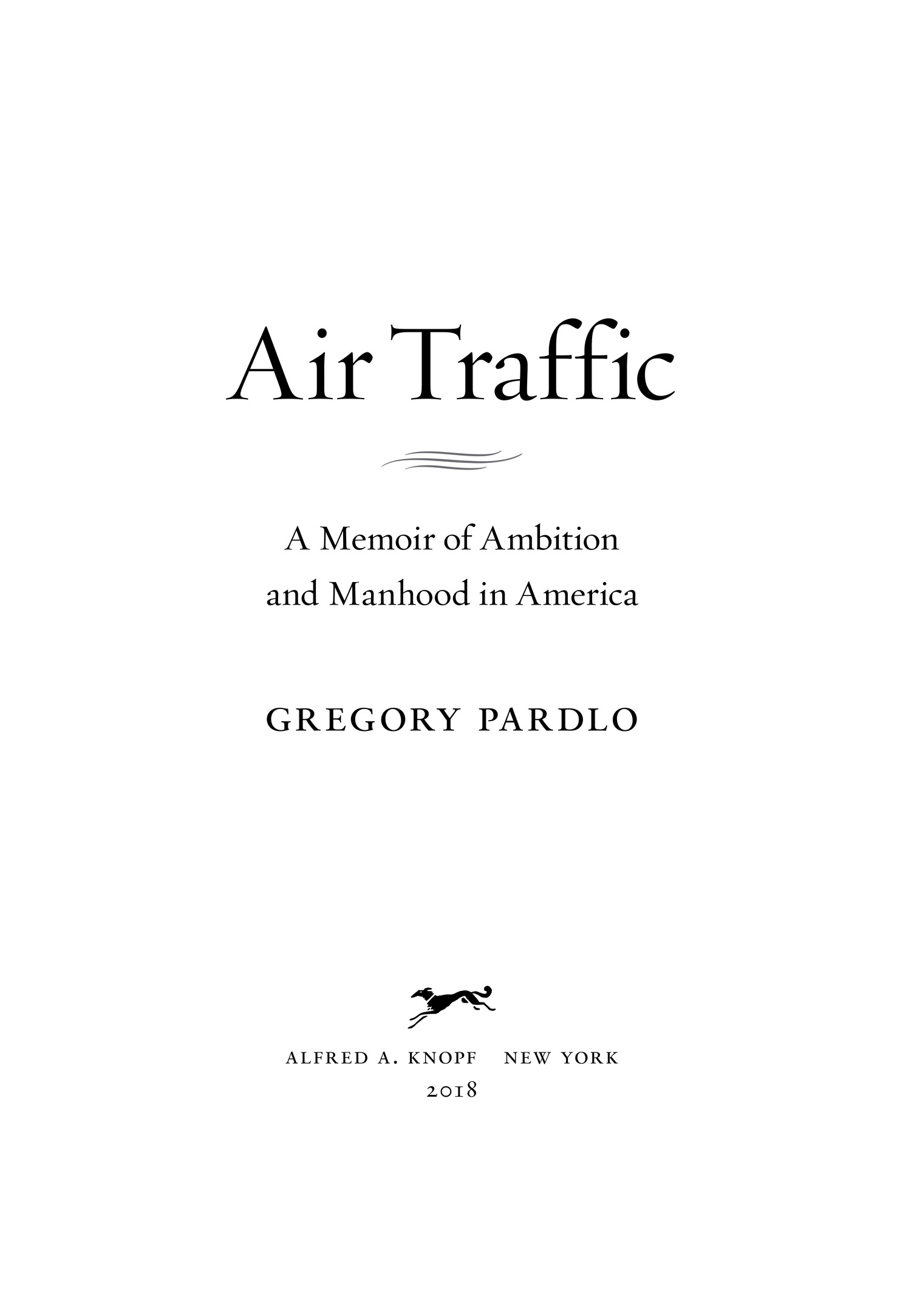ALSO BY GREGORY PARDLO
Digest
Totem
Translation
Pencil of Rays and Spiked Mace: Selected Poems by Niels Lyngs
THIS IS A BORZOI BOOK PUBLISHED BY ALFRED A. KNOPF
Copyright 2018 by Gregory Pardlo
All rights reserved. Published in the United States by Alfred A. Knopf, a division of Penguin Random House LLC, New York, and distributed in Canada by Random House of Canada, a division of Penguin Random House Canada Limited, Toronto.
www.aaknopf.com
Knopf, Borzoi Books, and the colophon are registered trademarks of Penguin Random House LLC.
Library of Congress Cataloging-in-Publication Data
Names: Pardlo, Gregory, author.
Title: Air traffic : a memoir of ambition and manhood in America / Gregory Pardlo.
Description: First edition. | New York : Alfred A. Knopf, 2018.
Identifiers: LCCN 2017047413 (print) | LCCN 2017060202 (ebook) | ISBN 9781524731779 (ebook) | ISBN 9781524731762 (hardcover)
Subjects: LCSH : Pardlo, GregoryBiography. | African American menBiography. | African American fathers. | Fatherhood. | BISAC : BIOGRAPHY & AUTOBIOGRAPHY / Literary. | BIOGRAPHY & AUTOBIOGRAPHY / Personal Memoirs. | LITERARY COLLECTIONS / Essays.
Classification: LCC PS 3616. A 737 (ebook) | LCC PS 3616. A 737 Z 46 2018 (print) | DDC 811/.6 [ B ] dc23
LC record available at https://lccn.loc.gov/2017047413
Ebook ISBN9781524731779
Cover photograph courtesy of the author
Cover design by Kelly Blair
v5.2
ep
For Stretch
The ultimate mark of power may be its invisibility; the ultimate challenge, the exposition of its roots.
Michel-Rolph Trouillot, Silencing the Past: Power and the Production of History
If a New World were discovered now, would we be able to see it? Would we know how to rid our minds of all the images we have become accustomed to associate with the expectation of a world different from our ownin order to grasp the real difference that would be presented to our gaze?
Italo Calvino, How New the New World Was, from Collection of Sand
Contents
An Introduction
Rt. 66
By some concoction of sugar, nicotine, prescription painkillers, rancor, and cocaine, my father, Gregory Pardlo, Sr., began killing himself after my parents separated in 2007. He measured his health and lifestyle against his will to live, and determined he had ten years left in the tank. Though he did fuck up and live past sixty-five, as he was afraid he might, he was only a year over budget. He lived his last years like a child with a handful of tokens at an arcade near closing time. Those tokens included: access to credit, the patience and generosity of his family and friends, and any saleable assets (including, possibly, the titanium urn that contained his mothers ashes, mysteriously missing from the one-bedroom Las Vegas apartment where he chose to fizzle out). These resources had to be exhausted. He didnt want to endure penury, but neither would he ever leave money on the table, as he often put it.
He died without leaving a will or naming beneficiaries. My brother, Robbie, and I agreed to have him cremated. No medical school would have taken him, and I didnt even entertain the idea of a casket. Robbie traveled from Willingboro, New Jersey, to Vegas to claim the body. My father had retired as a union representative for the American Train Dispatchers Association (ATDA), but without a will, my mother had to negotiate unfamiliar bureaucracies even to claim the two-thousand-dollar grievance pay the ATDA provided to cover his funeral. My father left an assortment of defaulted mortgages, overdrawn bank accounts, and maxed-out credit cards; the remaining balance on a luxury sports car he had all but totaled; and a five-figure debt to the taxman.
He died May 12, 2016, as I was working on the final drafts of this book. Writing the book gave me an excuse to talk to him. Each time I interviewed him by phone from my house in Brooklyn, I was prepared for that to have been the last time we spoke. Yet even with all my psychic and emotional preparation for his death, it was a poignant exercise to have to comb through these pages and change verb forms from present tense to past.
Robbie initially believedsincerely, I suspectthat our father died of a broken heart. Robbies story of our dads death and life is very different from mine. Im ten years older. I have a bigger file on our parents. Our mother and father were kids when they had me in 1968. They were twenty-one and nineteen, respectively. In the heyday before 1981, before my father lost his job as an air traffic controller in the infamous strike that ended with Ronald Reagan firing thirteen thousand federal employees, my parents spirits were high. They wanted a second childso much so that after miscarrying one whod already entered the family imagination as Heather, they succeeded in having Robbie. Robbie was born in 1979. We were a boomtown under a single roof. The father I imprinted on was infinitely capable and resourceful and, as far as my childs-eye view could tell, had the world on a leash. Robbie knew a less idealistic, chastened version of our father, by then a man who was resigned to having been blackballed from the career that defined him. By the time Robbie outgrew the hypoallergenic cloth diapers that were delivered to our house once a month, Dad was, if only for lack of alternatives, more involved in domestic life.
The father I grew up with still resented the competing demands of an unplanned offspring. I was the mistake that he felt he was nobly taking responsibility for, and I was thus made to suffer the flexing of Big Gregs narcissism in all its demonstrative and petty renditions. I dont mean this in a self-pitying way. Whereas he wanted from me a show of gratitude, I studied him. He interpreted my scrutiny as insubordination. This made our lives adversarial. Robbie, at least symbolically, was a comfort to him. I was a threat. I was my fathers rival, and he was mine. This may sound wildly self-important, but this is the prerogativemy father would agreeof the one who has outlived the other.
There is a picture of me in my mothers arms on my first birthday. Voodoo child, star child, love child. My first birthday was a Monday, Lunes, day of the moon. It was the day my mother turned twenty-two. Every year, the same tired joke: Happy Birthday! Id grin, empty-handed and pitiful. I was the gift, the reminder of what she gave of herself, to herself, that she must tow through the cosmos in a contrapuntal orbit. I have always belonged to her, through the infinite umbilicus of fate, a Taoist Return to my origins revealed in this annual eclipse, November 24, the shared anniversary of our births. What grief, what blemished self-image did she need to bury that she would risk an accidental pregnancy with a man as superficial as my father? Yet my guilt over being the unexpected orange detour arrow of her life elevated me in importance over my fathers fleeting diversions. Good and bad, I was beyond evaluation, the fulcrum of every story she might devise to tell of her life.
My parents marriage collapsed like a shoddy circus tent on the evening we held the launch party for my first book of poems. The Creative Writers House at New York University, where Id completed my master of fine arts degree in poetry, hosted the party. It was the fall of 2007. My father was a jealous man for his wifes attention, the success of others, and the attention of the crowd. This was the kind of crowd he coveted most: my old classmates, colleagues, and writer friends. If Id only asked him to make a toast that night at the launch party, he might have been in better spirits. If hed felt acknowledged, he might still be alive. Thats a wild leap, I know, but thoughts like this cross my mind.


